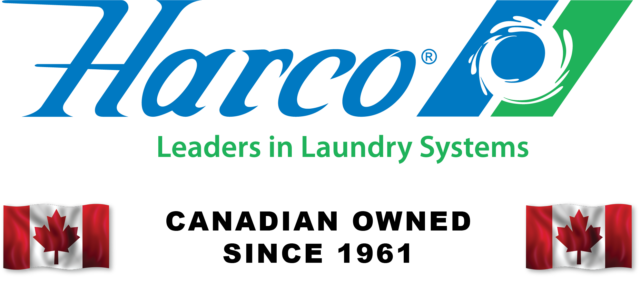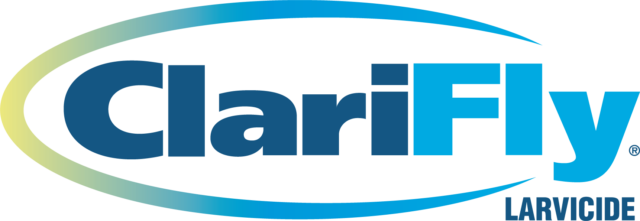Producers today have a new tool available to help keep calves healthy and minimize sickness events before weaning. That tool is immunoglobulin Y (IgY).
High-quality colostrum is still essential
Getting high-quality colostrum into newborn calves is one of a producer's best tools to get calves off to a good start. During the first 24 hours of life, calves can absorb the immunoglobulin gamma (IgG) antibodies from colostrum directly into the bloodstream to provide passive immunity. The calves’ own active immune system matures over the next several weeks to provide protection for the calf. Why then do more than a third of all dairy heifer calves born have a sickness event before weaning? And why do digestive issues or scours account for 50% of all calf illnesses before weaning?
While the passive immunity provided by IgG antibodies can be very effective, the level of passive protection is only temporary and decreases over time. In addition, the IgG from colostrum that is in the intestinal tract only provides protection during the brief time that it remains in the gut as it passes through the calf’s digestive system. Recognizing that the newborn calf’s own immune system is immature at birth and must mature over time, leaves an opportunity for pathogens to cause illness in pre-weaned calves.
Newborn calves are exposed to many pathogens for the first time at birth. Depending on the pathogen, incubation time ranges from about two to 21 days. The lining of the gut is a calf’s first line of innate defense against scour-causing organisms until the calve’s immune system matures. The mucosal lining in the gut produces another antibody called immunoglobulin alpha (IgA) whose job is to destroy invading pathogens. However, early in the calf’s life, the level of the calf’s IgA is low and can be easily overwhelmed. Additionally, the mucosal lining of the gut can become compromised by foreign pathogens infecting the calf’s gastrointestinal (GI) tract. This impedes the calf’s ability to absorb nutrients and alters its ability to maintain homeostasis. The result can be a sick calf with scours. That’s where IgY can help.
What is IgY?
Just like IgG, IgY is an antibody that helps protect calves from foreign pathogens that often target pre-weaned calves. The IgG antibody is produced by mammals and is found in high amounts in colostrum. The IgY antibody is produced by avian species (birds) and is found in high amounts in the egg yolk. Research has shown that when laying hens are vaccinated for common pathogens that routinely impact pre-weaned calves, the hens produce eggs that contain IgY antibodies specific to those pathogens. These IgY antibodies can identify and bind those pathogens in the calf’s gut to minimize disease. When IgY from egg powder is fed with milk or milk replacer to young calves, it bathes the calf’s gut with new IgY antibodies at each meal. This boosts the calf’s level of antibodies in its GI tract to help prevent illness during those first few weeks of life. Think of it like adding more members to an army to fight foreign invaders. If the number of “soldiers” is equal to or greater than the number of invaders, there is a better chance of preventing the invaders from causing harm. That’s what IgY can do for calves. The IgY antibodies help calves mount a strong immune response to minimize illness before their active immune system fully matures.
Research behind IgY
The concept of vaccinating hens to produce specific antibodies in their eggs was first described in the scientific literature in 1893 by Felix Klemperer, a German doctor. However, how to apply and use those protective antibodies was not developed until much later. Then in the 1990s, there was a resurgence of interest in using IgY from the eggs of immunized hens to boost the immune system in a variety of animals and humans.
Several studies have focused on using IgY antibodies to boost calves’ immunity to protect against pathogens that cause diarrhea in pre-weaned calves. In 1997, Japanese researchers compared the effectiveness of IgY antibodies from the eggs of vaccinated hens against the IgG in bovine colostrum from cows vaccinated against the Kakegawa strain of bovine coronavirus. Results showed that the calves treated with the IgY antibodies did not develop severe diarrhea and had higher weight gains compared to calves that received IgG antibodies. Later, researchers in Argentina manufactured their own polyvalent (antibodies targeted at multiple pathogens) IgY product. They conducted several small calf trials and found the IgY antibodies to be effective at reducing the severity and longevity of scours from rotavirus, coronavirus, E. coli and salmonella. IgY has been well researched to determine its effectiveness in helping to reduce the risk of enteric diseases. IgY has become an effective alternate source of antibodies to maintain a strong immune response that previously could only be obtained from blood plasma.
IgY can do more than just provide antibodies to strengthen calves’ immune responses. Research has shown it can be effective against many bacteria, viruses, fungi and other types of parasites. Additionally, IgY has been researched for its ability to target cancerous tumors, neutralize various venoms and has even been used in a variety of diagnostic tests. IgY has been used to boost immunity in humans, pets, pigs, poultry and other types of animals. There is still a lot to learn about all the possible applications, but what is known for certain is that the IgY from hens vaccinated against common calf pathogens can help reduce illness, which in turn helps reduce antibiotic use.
In the U.S., Arkion Life Sciences has been conducting research to confirm the validity of previous findings that IgY can help reduce scours in calves. They are also conducting large-scale farm trials to determine the appropriate dose of IgY in various on-farm situations. This new research has shown that the amount of IgY that calves need to be fed depends on the level of disease challenge the calves are experiencing as well as how the calves are managed.
IgY is not a one-size-fits-all type of approach. It is a tool that can be tailored to a farm’s disease challenges. The primary goal should always be to keep the level of challenge calves are experiencing as low as possible and keep their resistance to disease as high as possible. IgY is a natural way to keep calves healthy and add antibodies into the gut to help prevent foreign pathogens from gaining a foothold.
References omitted but are available upon request by sending an email to the editor.











